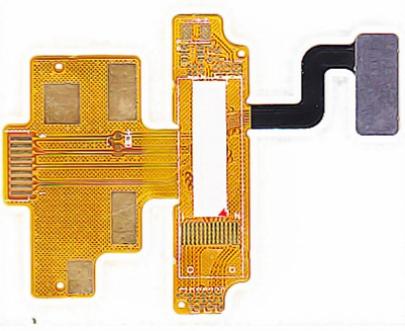
ALL ABOUT FLEX PCB
-
How thick is a flex circuit stiffener?
Posted by
–
 Read more: How thick is a flex circuit stiffener?
Read more: How thick is a flex circuit stiffener?Introduction Flex circuits, also known as flexible printed circuits, are a type of electrical connection used in electronics. They consist of a thin, flexible substrate like polyimide film with conductive traces patterned on top. Flex circuits allow connections between electronic components that need to bend and flex repeatedly. One component […]
-
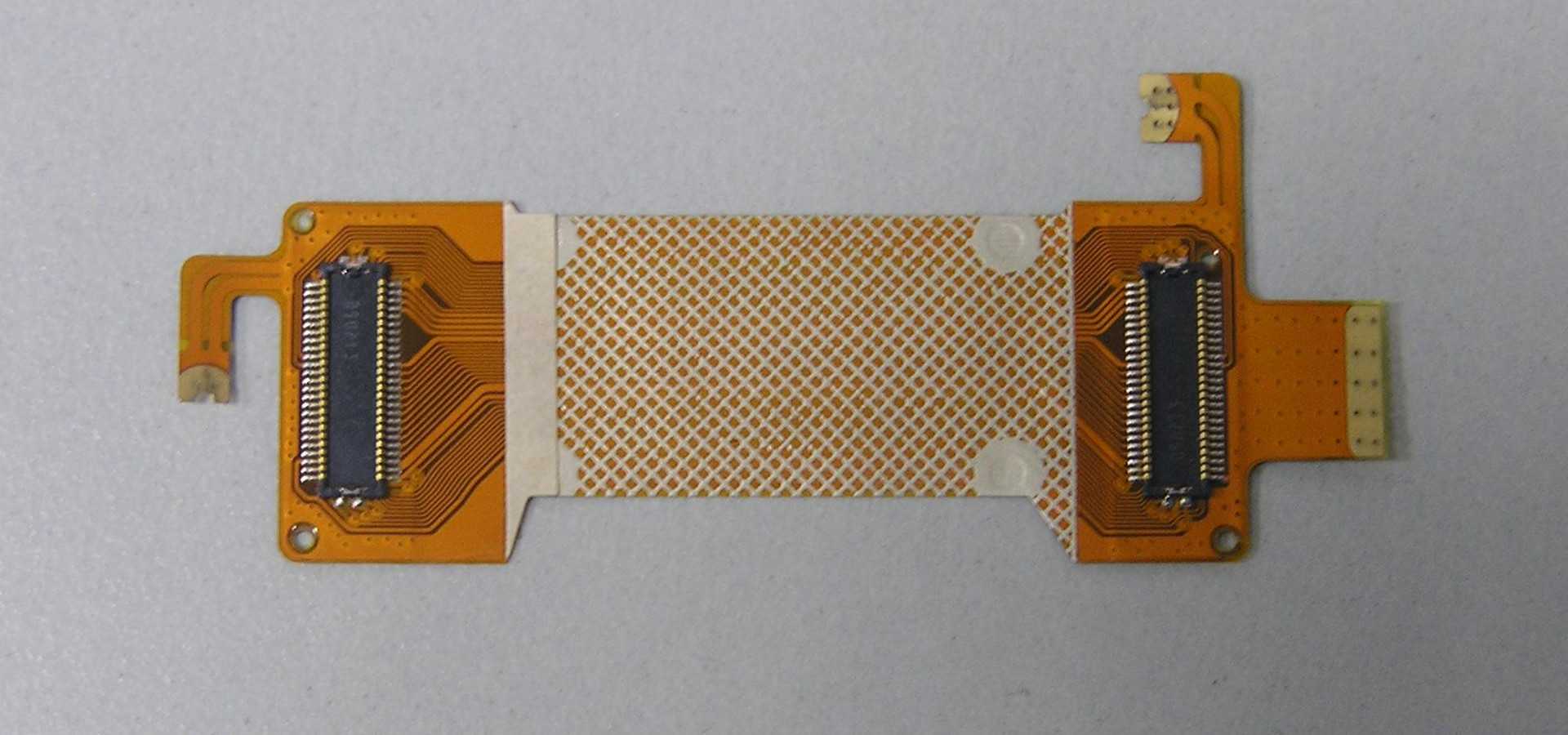 Read more: What is the difference between pi and FR4 stiffener?
Read more: What is the difference between pi and FR4 stiffener?Introduction Pi and FR4 stiffener are two important terms that are commonly used in electronics design and manufacturing. Though they sound similar, they refer to completely different things. This article will provide a detailed comparison between pi and FR4 stiffener to help understand their key differences. What is Pi? Pi […]
-
What is stiffener in Flex PCB?
Posted by
–
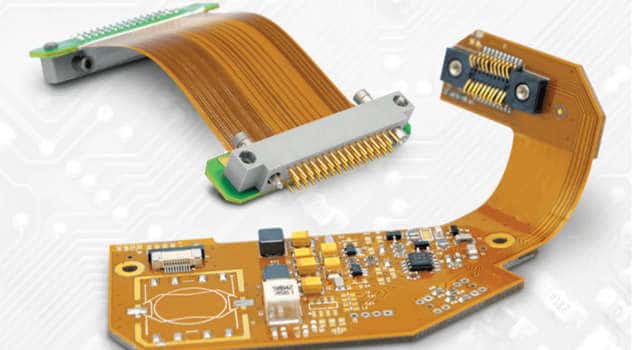 Read more: What is stiffener in Flex PCB?
Read more: What is stiffener in Flex PCB?Introduction A flex PCB (flexible printed circuit board) is a type of PCB that can bend and flex. Flex PCBs are made of flexible insulating substrates like polyimide or polyester film. They are ideal for applications that require customized connections, space constraints, or dynamic flexing. One key component of a […]
-
How thick is PCB through hole plating?
Posted by
–
 Read more: How thick is PCB through hole plating?
Read more: How thick is PCB through hole plating?Introduction Printed circuit boards (PCBs) are essential components in nearly all modern electronics. They provide the foundation on which components are mounted and connected through conductive copper traces. An important aspect of PCB manufacturing is the plating of through holes, which allows traces on different layers of the board to […]
-
How thick is a PCB stiffener?
Posted by
–
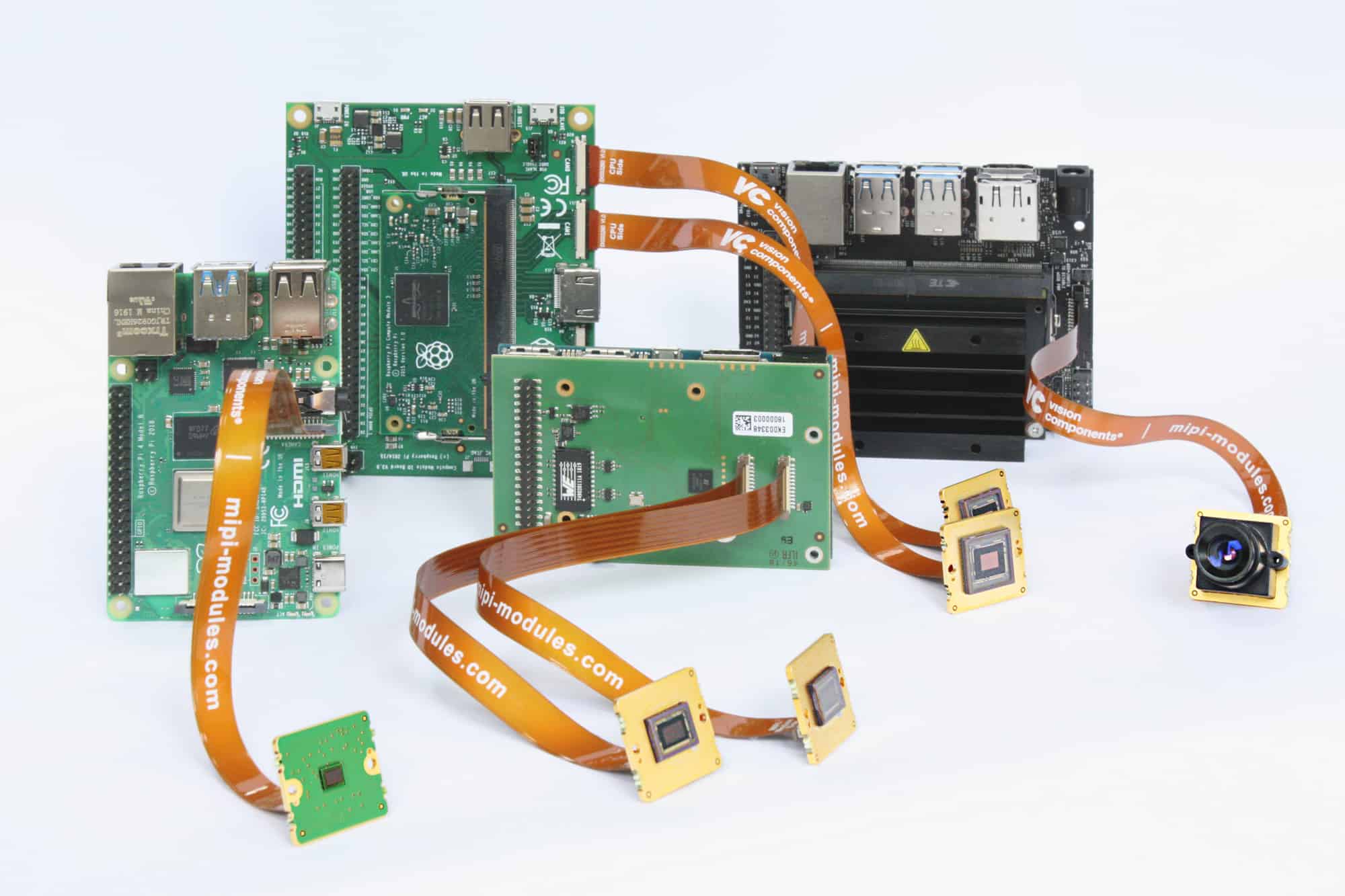 Read more: How thick is a PCB stiffener?
Read more: How thick is a PCB stiffener?A PCB (printed circuit board) stiffener is a plate that is attached to the PCB to strengthen and support the board. The thickness of the stiffener will depend on a variety of factors, including the size of the PCB, the number of components mounted on the board, and the amount […]
-
How thick is a 6 layer PCB?
Posted by
–
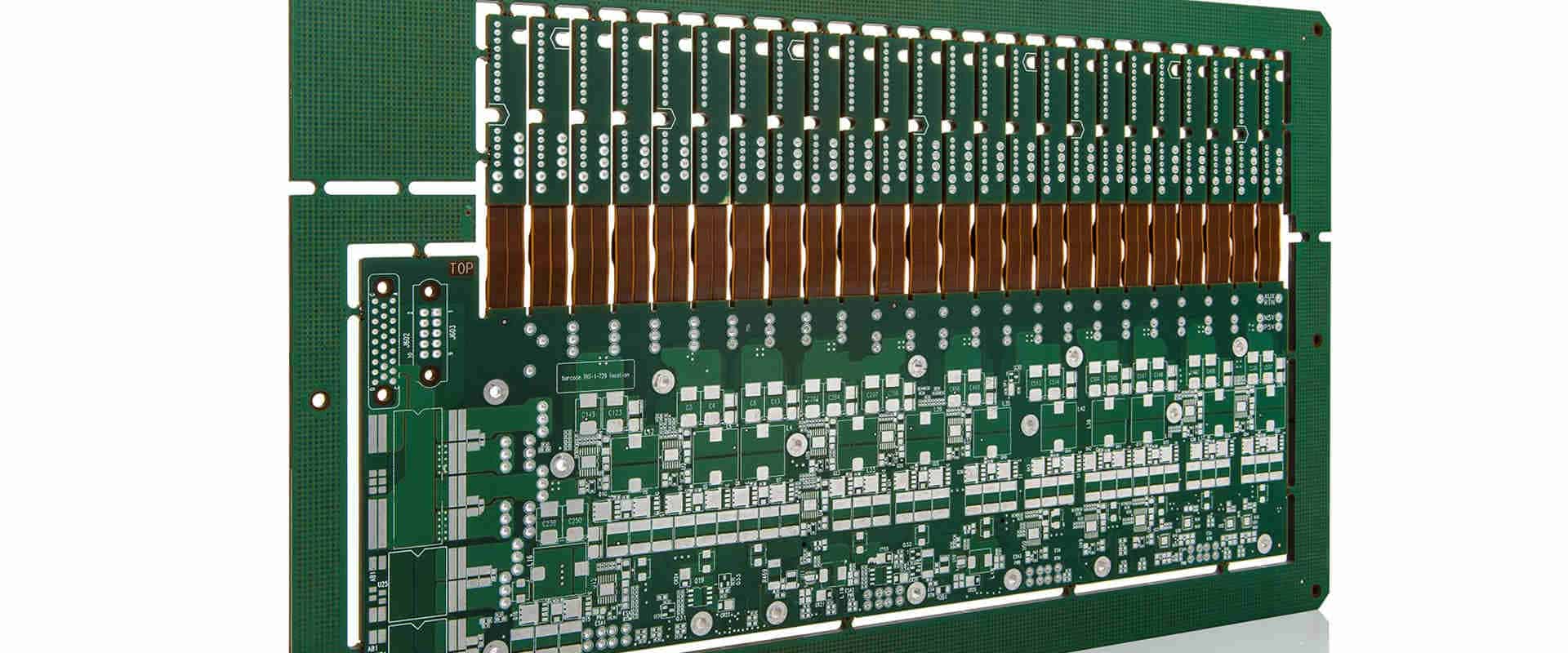 Read more: How thick is a 6 layer PCB?
Read more: How thick is a 6 layer PCB?Introduction Printed circuit boards (PCBs) are thin boards made of fiberglass and copper that allow electrical components to be mechanically supported and electrically connected. PCBs come in different layer counts, from simple single sided boards to complex boards with 16 or more layers. But a common question that arises is, […]
-
What is the thinnest PCB core?
Posted by
–
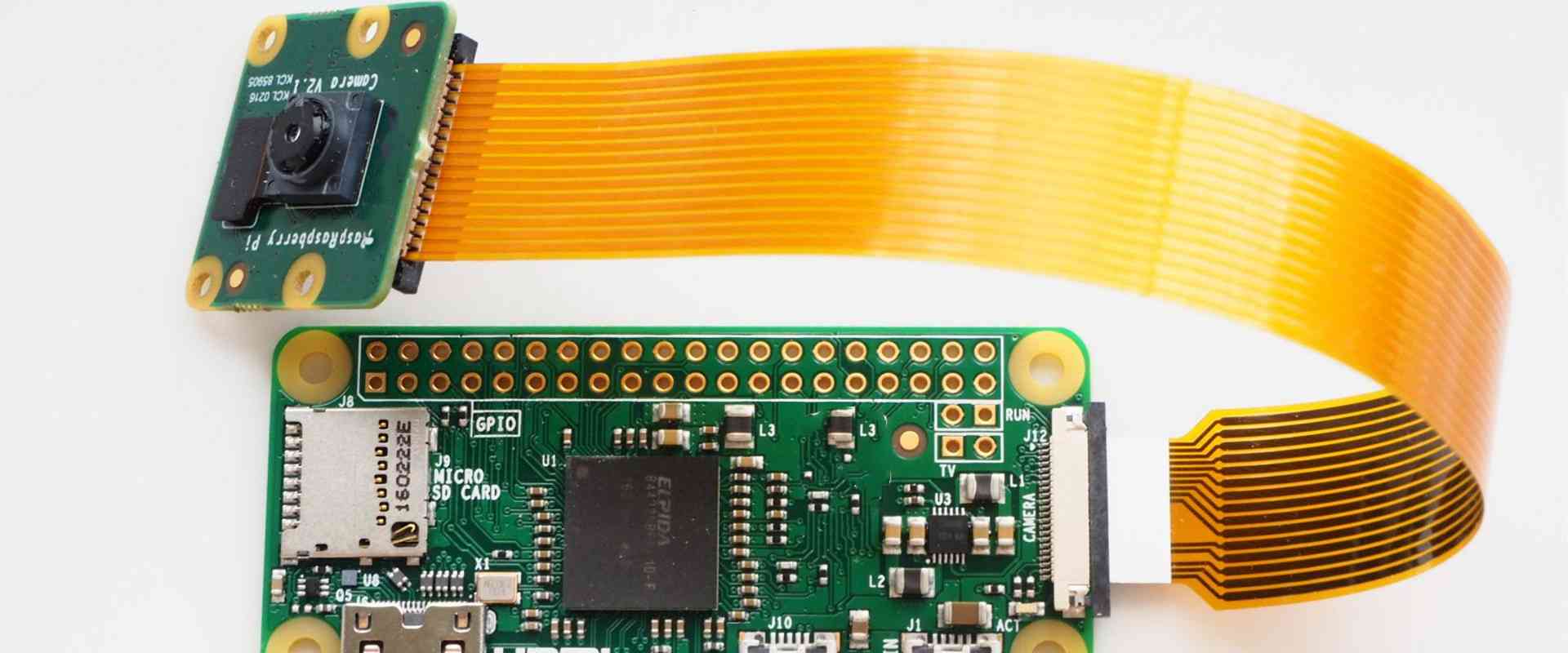 Read more: What is the thinnest PCB core?
Read more: What is the thinnest PCB core?Introduction to PCB cores Printed circuit boards (PCBs) are the foundation of modern electronics. They provide the mechanical structure and electrical connections for components like integrated circuits, resistors, capacitors, and more. At the heart of every PCB is the core – also known as the substrate. This core material provides […]
-
What is the cheapest PCB thickness?
Posted by
–
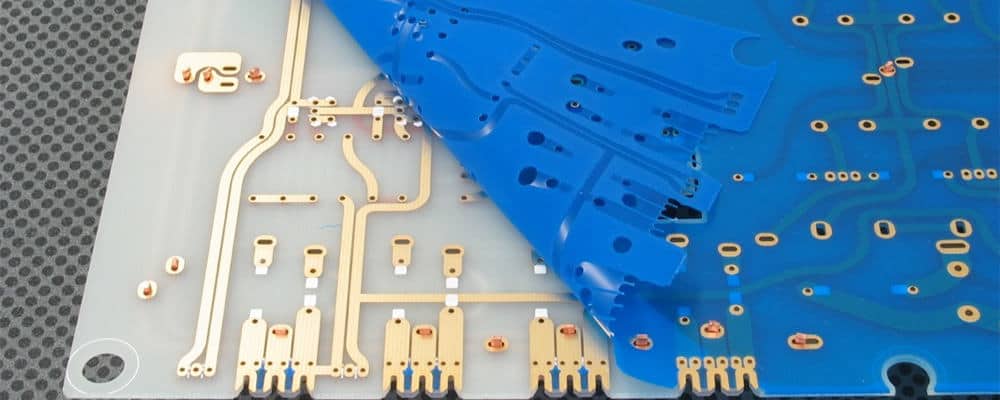 Read more: What is the cheapest PCB thickness?
Read more: What is the cheapest PCB thickness?Printed circuit boards (PCBs) are an essential component of most electronic devices. They provide the foundation on which components are mounted and connected. When designing a PCB, one important consideration is thickness. A thicker PCB will be more durable and better at dissipating heat. However, thicker PCBs also cost more […]
-
How thick is PCB hard gold?
Posted by
–
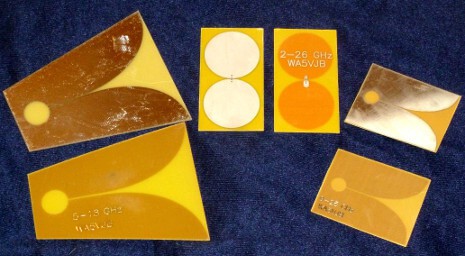 Read more: How thick is PCB hard gold?
Read more: How thick is PCB hard gold?Keywords: PCB, hard gold, thickness, plating, electronic circuits Printed circuit boards (PCBs) form the backbone of modern electronics. From computers to smartphones to medical devices – virtually every electronic product relies on PCBs to connect components and circuits. One key element in PCB design and manufacturing is the plating – […]
-
What is the thickest copper PCB?
Posted by
–
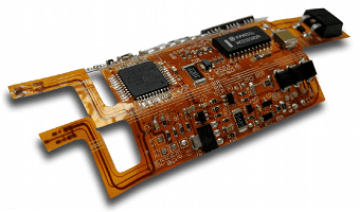 Read more: What is the thickest copper PCB?
Read more: What is the thickest copper PCB?Printed circuit boards (PCBs) are laminated sheets used to mechanically support and electrically connect electronic components using conductive pathways etched from copper sheets bonded to a non-conductive substrate. The thickness of the copper layers in a PCB can vary based on the current requirements and application. This article will explore […]




